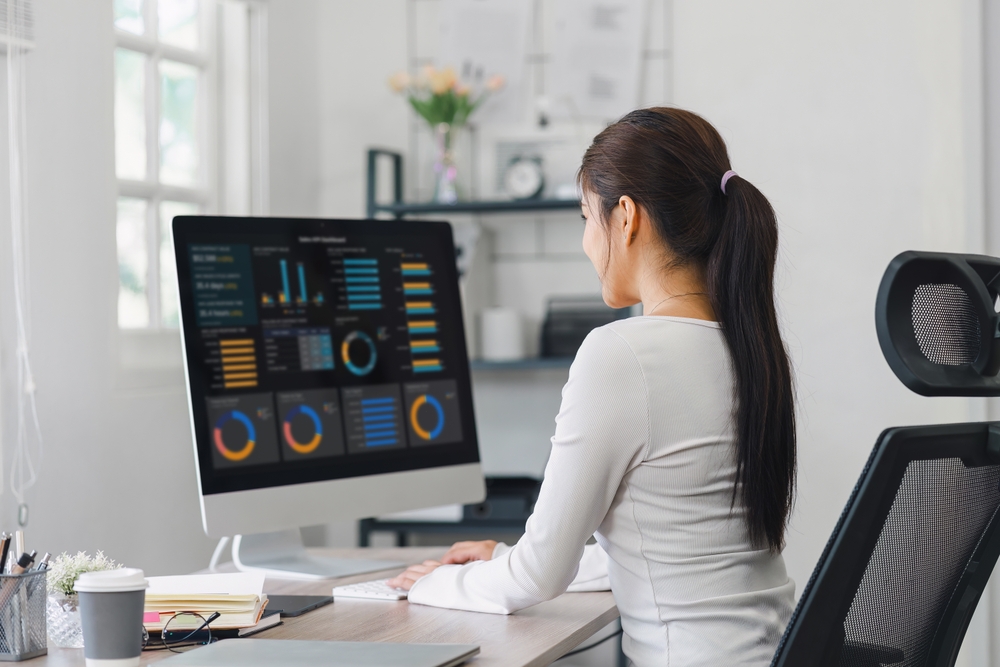Small businesses often struggle with balancing marketing budgets, time, and resources while trying to compete with larger brands. The debate between AI-Driven Marketing vs. Manual Efforts for Small Businesses has become increasingly relevant as AI-powered solutions emerge as a game-changer, automating processes and optimizing campaigns for better efficiency. But how do these advanced tools compare to traditional manual efforts in terms of cost, efficiency, and overall results? Understanding the key differences can help small businesses determine whether investing in AI-driven strategies is the right move to maximize their marketing impact and stay competitive.
Cost: AI Marketing vs. Manual Efforts
Traditional marketing efforts require significant time and resources. Hiring a dedicated marketing team, managing ad budgets manually, and testing different strategies without automation can be costly. SMBs that rely on manual marketing often need to invest in hiring marketers, graphic designers, and data analysts to ensure campaign success.
AI-powered marketing tools, on the other hand, help reduce costs by automating time-consuming tasks. Platforms like Google Ads Smart Bidding and HubSpot AI optimize ad budgets automatically, ensuring money is spent on high-performing campaigns without the need for constant manual adjustments. AI-driven solutions can also predict customer behavior, reducing wasted ad spend and increasing return on investment (ROI).
For example, a small e-commerce store using Meta Advantage+ Ads can let AI optimize its advertising budget in real time, minimizing spending on underperforming campaigns while maximizing high-converting ones. This reduces the need for a large marketing team and lowers the overall cost of customer acquisition.
Efficiency: AI-Powered Automation vs. Human Execution
Manual marketing requires constant monitoring, testing, and adjusting strategies based on campaign performance. Small business owners often struggle to dedicate time to data analysis and optimization while managing other aspects of their business.
AI eliminates the guesswork by analyzing customer behavior, market trends, and ad performance instantly. Platforms like Persado AI Copy Optimization generate high-converting ad copy automatically, while Klaviyo AI customizes email marketing campaigns based on individual customer interactions.
An online fashion retailer using AI-driven email marketing can segment its audience and send personalized product recommendations without manually analyzing customer data. AI tools ensure emails are delivered at the optimal time for engagement, something that would require hours of manual analysis.
Results: AI-Driven Insights vs. Trial-and-Error Marketing
AI-powered marketing strategies outperform manual efforts when it comes to data accuracy and predictive insights. AI tools analyze large sets of data in real time, adjusting campaigns for the best possible outcome. Manual marketing often relies on trial and error, where businesses must run multiple test campaigns before finding the most effective approach.
For example, a SaaS company using Salesforce Einstein AI can predict which customers are most likely to convert and adjust ad targeting accordingly. In contrast, manual marketing efforts may require months of A/B testing and data collection before identifying the same patterns. AI’s ability to deliver real-time insights leads to faster decision-making and improved marketing performance.
AI also enhances customer engagement by personalizing experiences. A beauty brand using Adobe Sensei AI can analyze shopping behavior and recommend the perfect skincare routine for each customer. Manually tracking and personalizing recommendations at this scale would be nearly impossible without AI.
Why Small Businesses Should Consider AI for Marketing
AI-driven marketing strategies offer small businesses a significant advantage by reducing costs, increasing efficiency, and delivering better results. While manual marketing efforts require more time and resources, AI-powered tools optimize campaigns in real time, personalize customer experiences, and maximize ROI. Small businesses that embrace AI can compete with larger brands, improve customer targeting, and scale their marketing efforts with minimal investment. Implementing AI-driven solutions ensures businesses stay ahead in a fast-evolving digital landscape.




